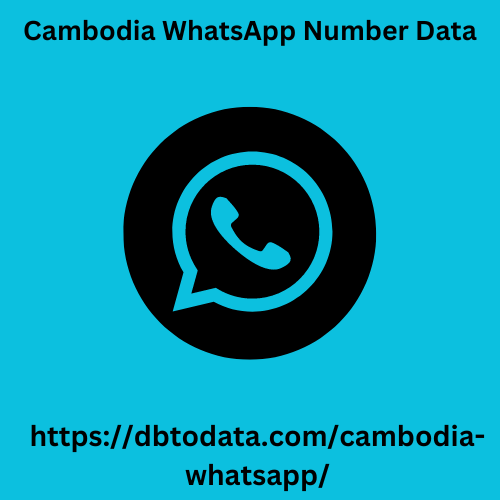|
|
The first step is to consider the who, what, and why of your event and to use that Consider the Following Before You Start: Who: One thing that content marketing and event planning have in common is both require an audience-centered approach. persona. If your event has broader appeal consider creating different content for different audiences. What: Look for ways to add value while reminding the audience why your event is special.
For example, an author’s book signing at a bookstore may benefit from publishing reviews Cambodia WhatsApp Number Data of the author’s books or short author interviews on their blog or social media. If the event is a conference, content about local sites might interest attendees. Why: What are your goals for the event? Align your promotion and amplification with those goals. For example, if your goal is to establish your team as though leaders than opt for a content that showcases that expertise.

Start Early Start promoting your event early. Not only does it help previous attendees plan, but it also gives you the chance to build brand recognition in the weeks and months leading to the event. Mix informational and fun content among the more promotional content. For example, an arts festival might feature art-related trivia games or updates about previously featured artists alongside content that promotes the event more overtly. If you want to introduce a branded hashtag, start promoting it well before your event starts.
|
|